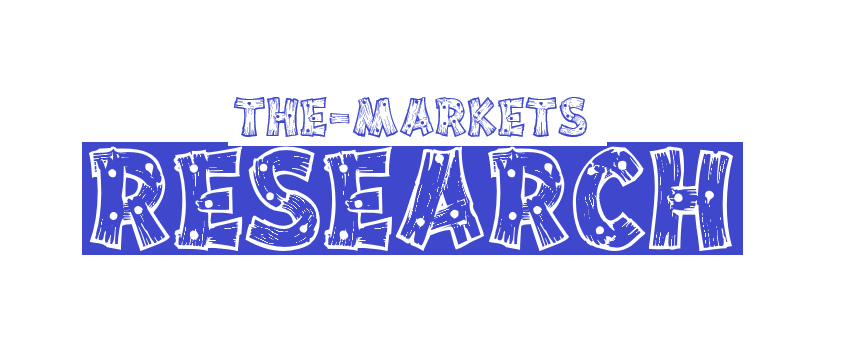Personal Loans: Secured vs Unsecured Loan
If you are considering taking a personal loan, there are several factors you will need to consider to make the right decision. More so you will also need to choose between whether taking a secured or unsecured loan.
Secured and unsecured loans have several differences. One of the key differences between both types of personal loans is that a secured loan requires backing by some form of collateral such as assets while an unsecured personal loan does not require any form of collateral.
In this article, you will learn all you need to know about the differences between a secured and unsecured personal loan available on Ukcredit.sg.
What is a Secured Loan?
Just like its name, a secured personal loan is one that is secured with collateral. The collateral in this case can be anything asset or property you choose to pledge to the lender. However, if you default on the agreed loan repayment schedule, the lender automatically takes ownership of your collateral.
Generally, secured personal loans are good if you have a credit score that is not enough to qualify you for other types of personal loans. Besides, some lenders do not place credit score restrictions when you try to access secured loans.
However, it is worth mentioning that secured personal loans are high-risk loans and this is because you can lose the asset or property you used as collateral when accessing the loan. For example, if you made use of your house as collateral and you are unable to repay the loan, the lender will repossess your house which might make you go back to renting apartments.
One of the major advantages of a secured personal loan is that it has a higher borrowing limit and this is because lenders will be willing to borrow you more money since they are likely to get something back in a case where the borrower defaults repaying. Hence, if you want to borrow a large amount of money, you should make use of a secured personal loan.
On the other hand, one of the major disadvantages of the secured personal loan is that you risk losing your asset or property if you default in repaying the loan. So if you think you are likely to default in repaying the loan, it is advisable not to take a secured loan.
What Is an Unsecured Personal Loan?
Generally, most personal loans are unsecured which means they are loans gotten without any collateral. In this case, if the borrower fails to repay the loan, the lender stands the risk of losing all the money they lend to the borrower. As a result, unsecured loans put the lender at a higher risk of losing thereby affecting other features of the loan.
Unsecured loans are very common in most areas of your life as you get to access these types of loans that do not require collateral every day. Some examples of unsecured loans include credit cards, student loans, medical debt, and many others.
Unlike secured personal loans, in the case of unsecured personal loans, your credit score plays a major role in determining your access to loans. Other factors include your income and payment history.
Generally, qualifying for unsecured loans is harder since the lenders have nothing to claim if you default in repaying the loan. As a result, they are less willing to lend money unless you can prove that you are more likely to repay.
Even more, unsecured personal loans have high-interest rates and this is not unconnected to the fact that lenders need to recoup their cost quickly in case you default in repaying the loan.
Furthermore, unsecured personal loans come with a low borrowing limit as lenders need to be cautious since they stand to lose out completely if you default. Also, with unsecured personal loans, you do not lose your collateral if you fail to repay your loan.
It is worth mentioning that although if you default in relaying your loan the lender will not have what to take immediately, you are however not free. This is because the lender can report you which will then negatively affect your credit score and ruin your chances of accessing loans in the future.
Secured vs. Unsecured Loan: Which is Right for You?
Generally, while secured loans allow you to borrow large amounts of money at low-interest rates, they also put your assets and properties at risk if you fail to repay the loan. On the other hand, with unsecured loans, your properties and assets are not put at risk even if you default in repaying your loan. However, unsecured loans are more difficult to access and have high-interest rates.
Also, secured loans are easier to get compared to unsecured loans. If you have a poor credit score rating, a secured loan will be your best option for accessing loans faster.

